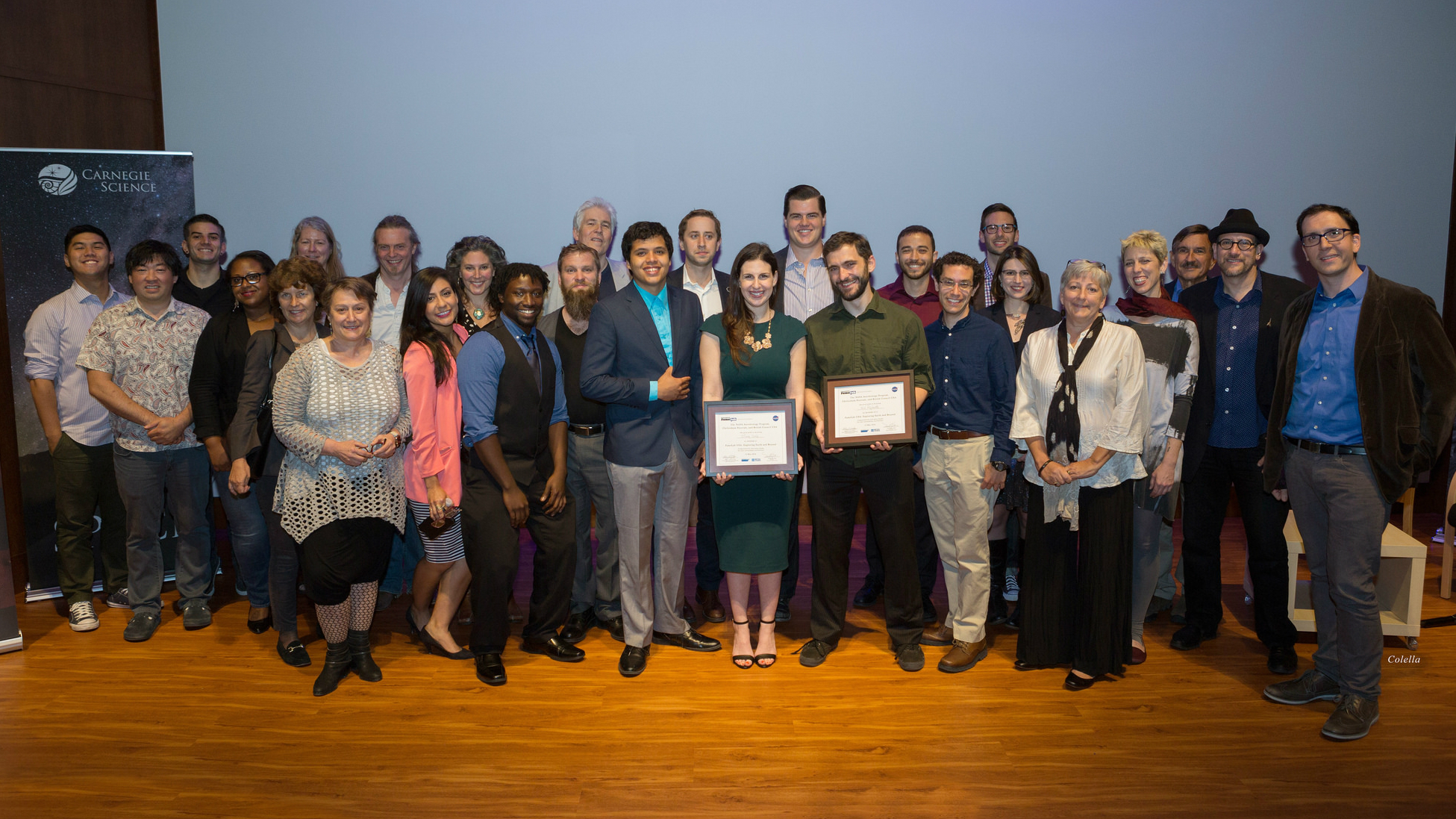Why Participate
Public interest in science is high, and advances can be rapid, high profile, hyped, misinterpreted, and misunderstood. In this landscape, strong science communication skills are critical to sustaining credibility, support, and funding. Opportunities must be created for scientists, policy makers, and the general public to exchange views in a dialogue of mutual respect and trust. To do this well, we must institutionalize communications training into the scientific pursuit.
The real value in FameLab lies beyond the excitement of the competition element. At each event, there will be a science communication workshop led by professionals in the field-this is the heart of FameLab. These workshops are designed to provide you with insight into how best to talk to stakeholders along your career paths such as department heads, deans, and political representatives, but also voting neighbors and relatives, youth in your communities, and yes—perhaps even to broad public audiences through the lens of a camera or the voice of a blog. The skills you gain may even carry over into effective proposal writing!


